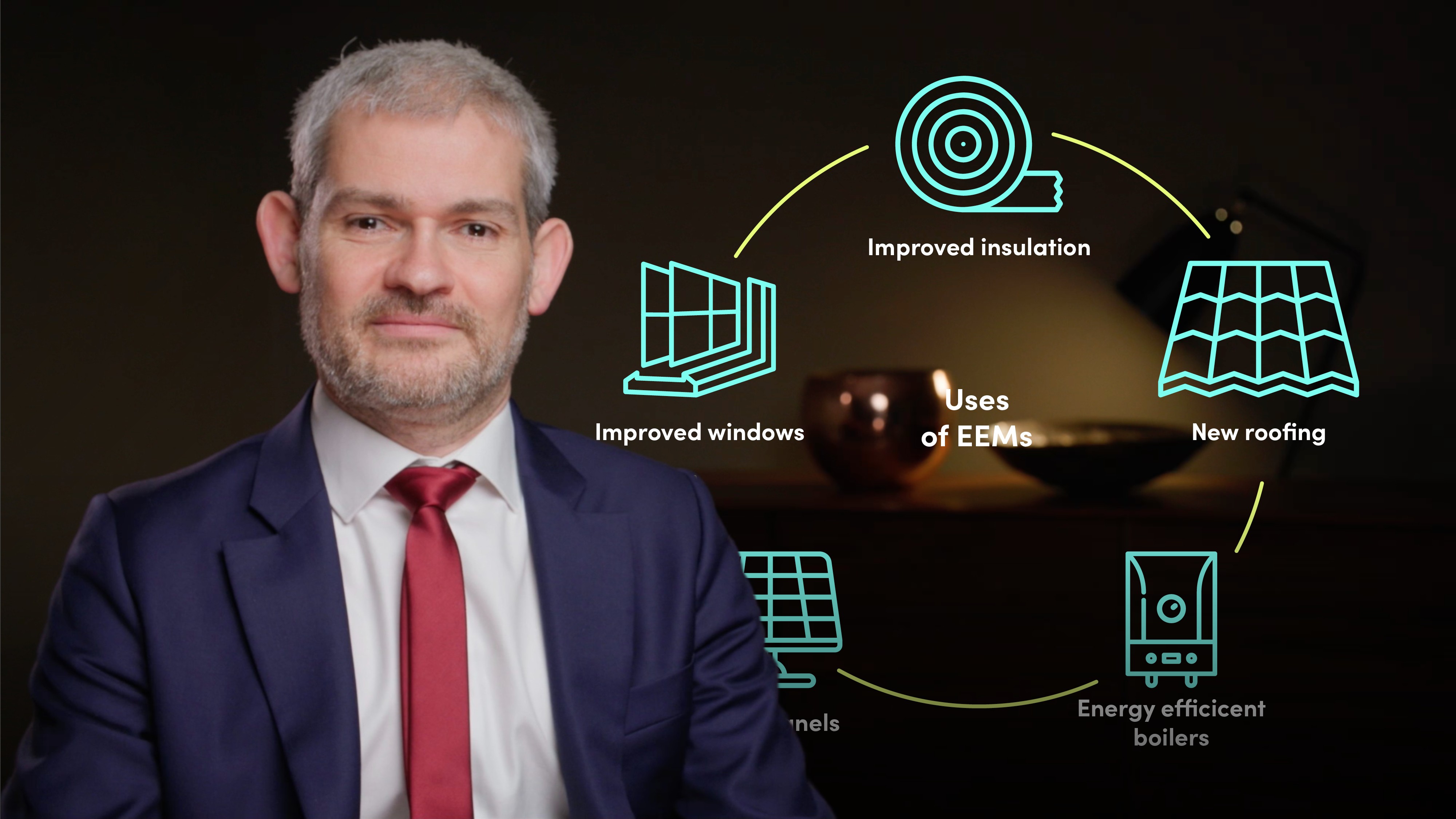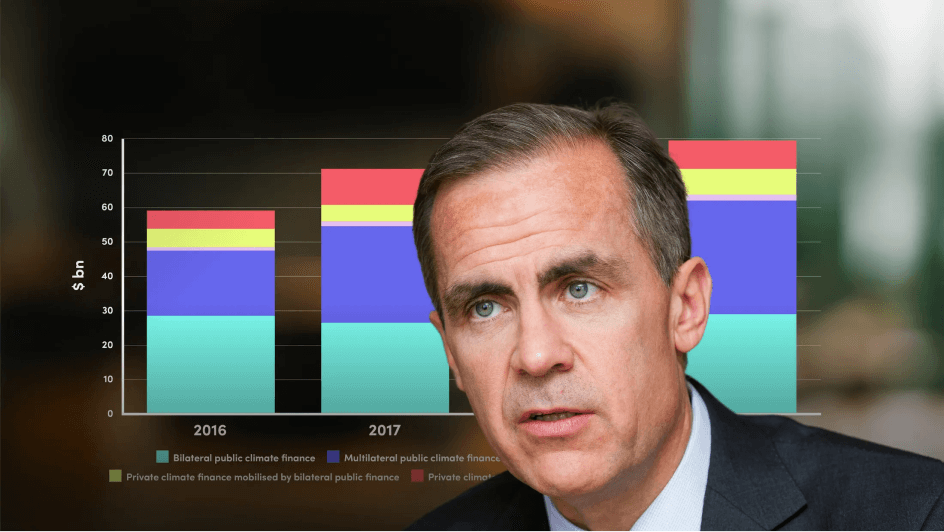
EU and UK Regulatory Developments on Green Mortgages

Luca Bertalot
Secretary General: The European Mortgage Federation
In the third video of this four-part video series, Luca focuses on the proactive steps that the EU and UK bodies are taking and the scale of financing needed to carry out the necessary green refurbishments.
In the third video of this four-part video series, Luca focuses on the proactive steps that the EU and UK bodies are taking and the scale of financing needed to carry out the necessary green refurbishments.

EU and UK Regulatory Developments on Green Mortgages
14 mins 21 secs
Key learning objectives:
Identify the proactive steps that the EU and UK bodies are taking with the aims of reducing emissions
Comprehend the scale of the financing needed to carry out the retrofitting of residential properties
Overview:
To have any chance of reducing emissions and eventually getting to net zero, governments are starting to take proactive steps to reach these goals through initiatives and regulations. New initiatives in the EU include the likes of the Fit for 55 package, the publication of an EU taxonomy and of course the Energy Efficient Mortgage Initiative. In the UK, the government has committed to upgrading as many homes as possible to band C and above by 2035 and they have also mandated that by 2030, all rented commercial properties will have to have a minimum B EPC rating.
What proactive steps has the EU taken in the fight against climate change?
Fit for 55:
Launched in July 2021, it is a package of proposals to revise and update EU legislation. The framework:
- Ensures a just and socially fair transition,
- Maintains and strengthens innovation and competitiveness of EU industry while ensuring a level playing field vis-à-vis third country economic operators,
- Underpins the EU's position as leading the way in the global fight against climate change.
Third iteration of Basel III:
Published in October 2021, it places a specific importance on energy efficient homes. Banks will be able to update the loan-to-value of their portfolio of every single mortgage following retrofitting. Therefore, by increasing the value of the property, the loan-to-value should improve and reduce the risk banks face.
EU taxonomy:
The first legislative act giving clear indication to investors of what is green and what is not green. This will incentivise banks to produce green assets.
Energy Performance Building Directive:
Changing the way European stakeholders are collecting data and giving labels to buildings.
Mortgage Credit Directive:
Currently under revision, it will change the way banks explain and give details to their consumers.
What is the cost of retrofitting?
1% of current housing stock in Europe is represented by new housing. To replace the existing stock with new housing, at the current rate, would take over 100 years. We don’t have 100 years.
In the European market 220 million homes have to be renovated in order to be aligned with the Paris Agreement, each with a renovation cost of roughly €20,000 - €30,000. This is a huge amount of resources that has to be located by both private capital markets and public entities.
What proactive steps has the UK taken in the fight against climate change:
At the end of 2021, the UK government announced that 15 million homes were rated as below band C on their Energy Performance Certification. The estimate for converting these homes to meet an EPC target of C is £65bn.
Newly rented properties will have to have an EPC rating of at least C, which is expected to cost landlords £10,400 per property on average.
By 2030 all rented commercial properties will have to have a minimum EPC rating of B.

Luca Bertalot
There are no available Videos from "Luca Bertalot"





















